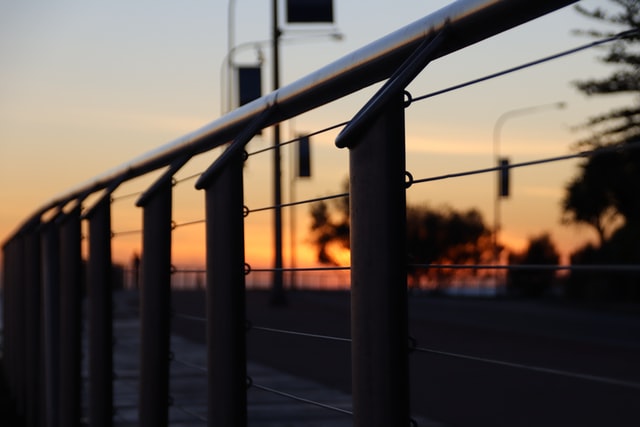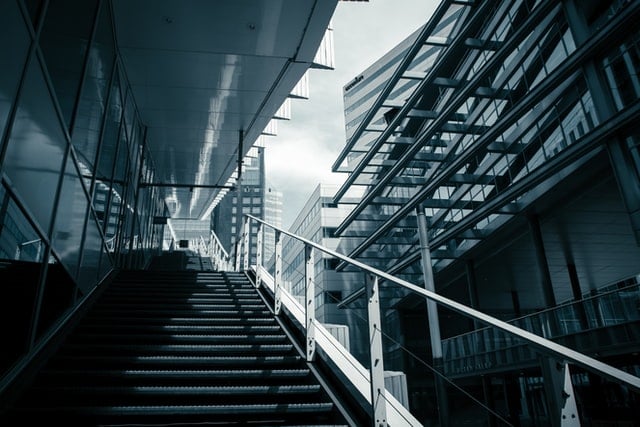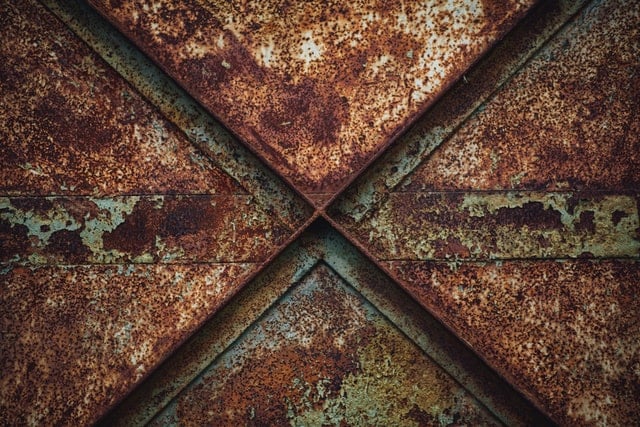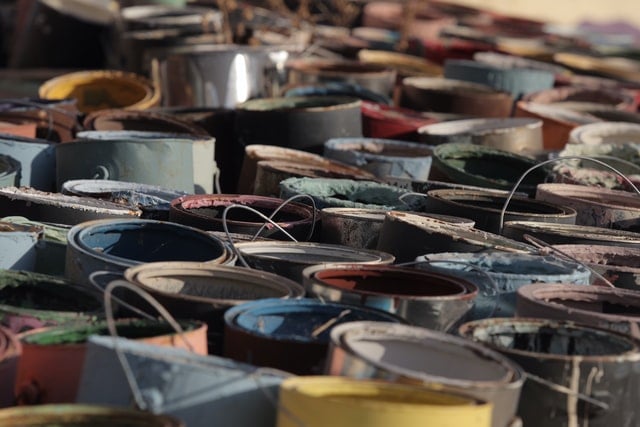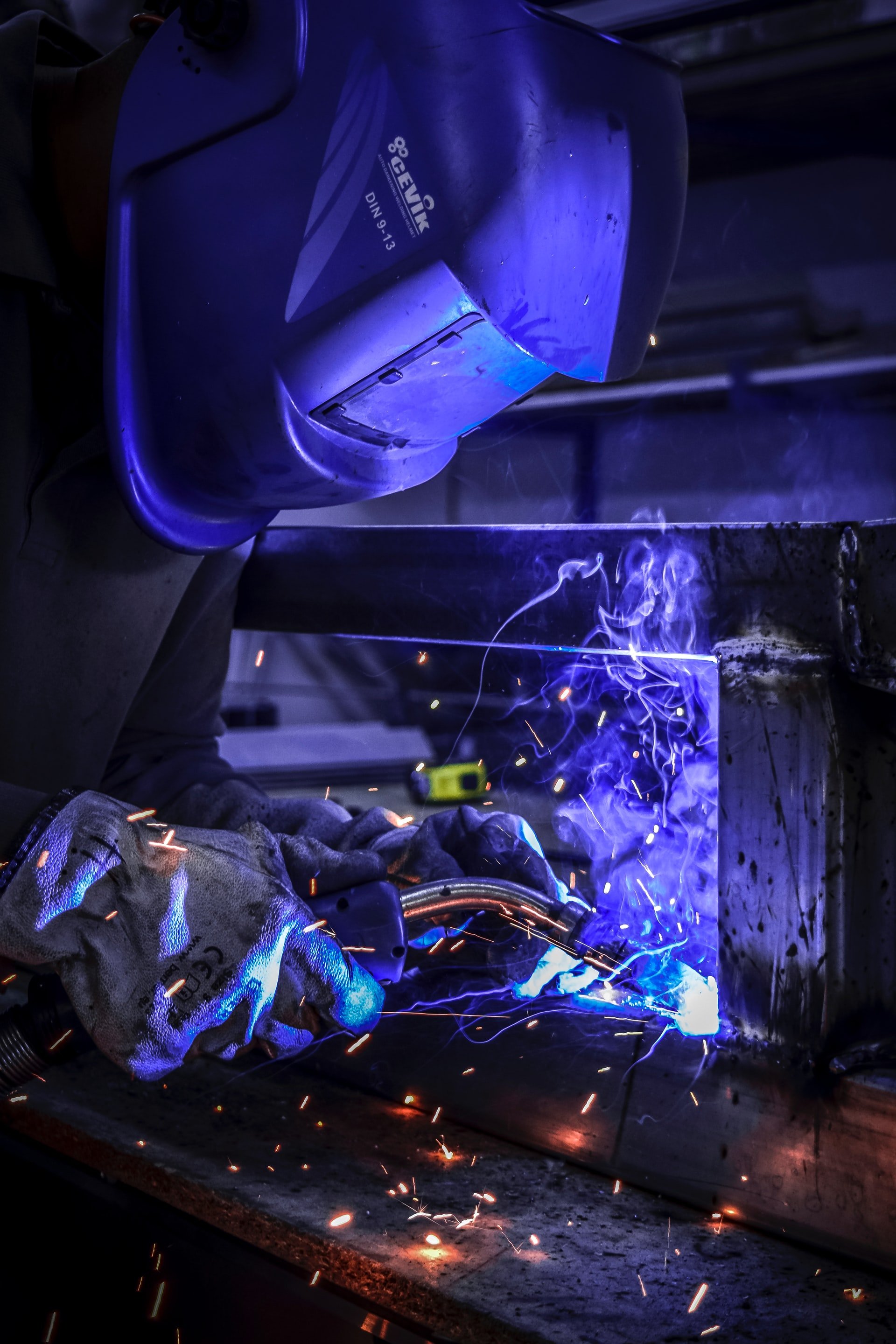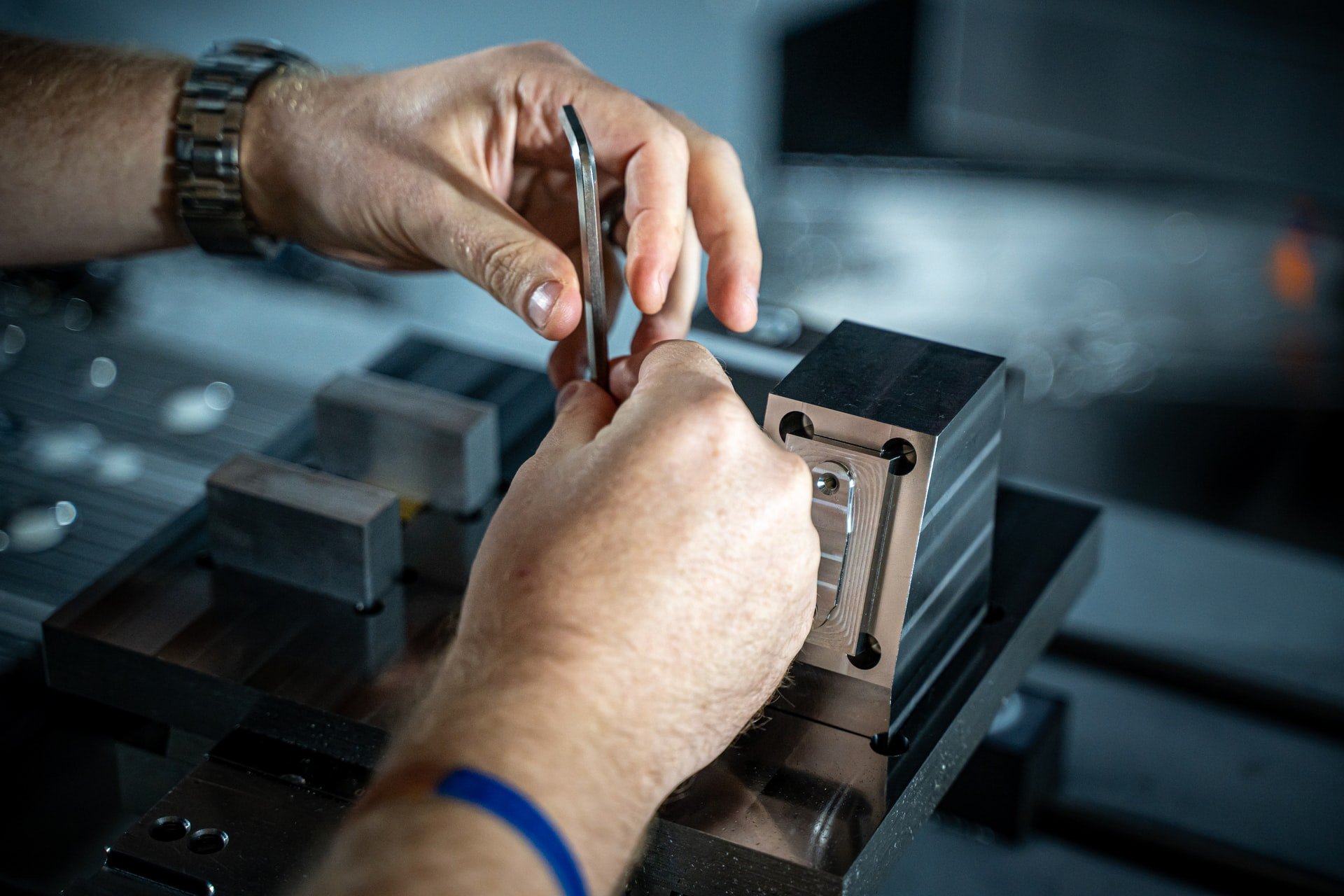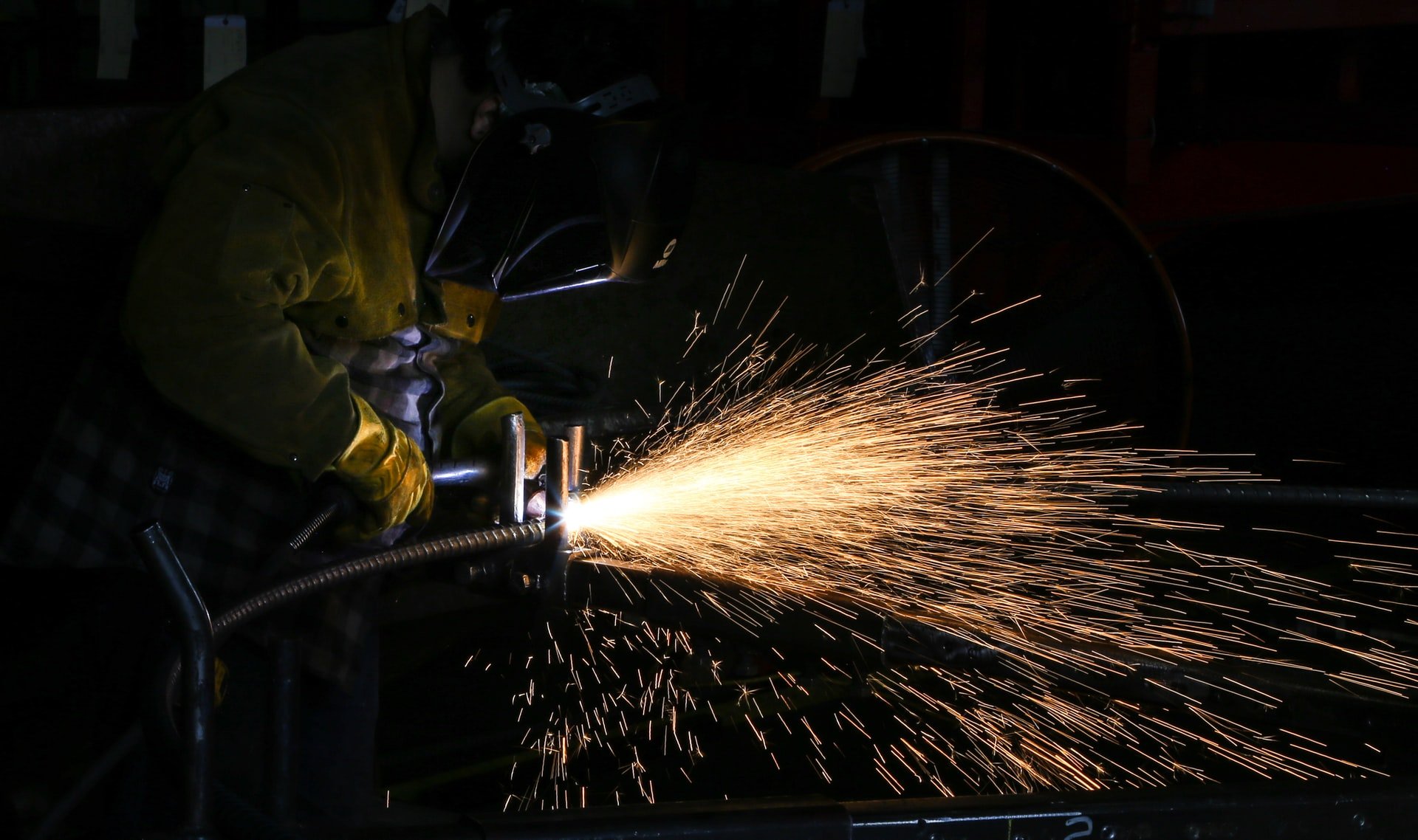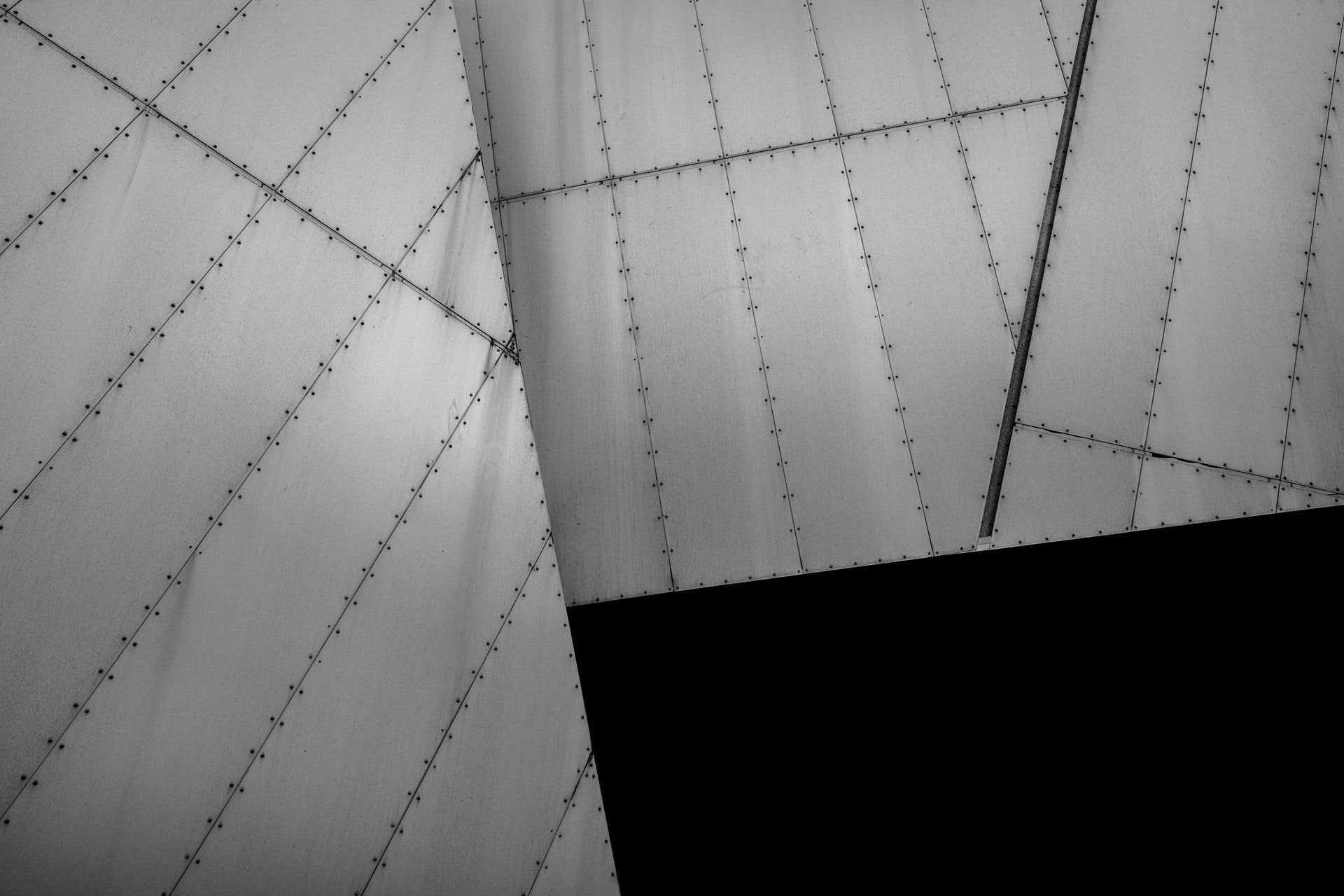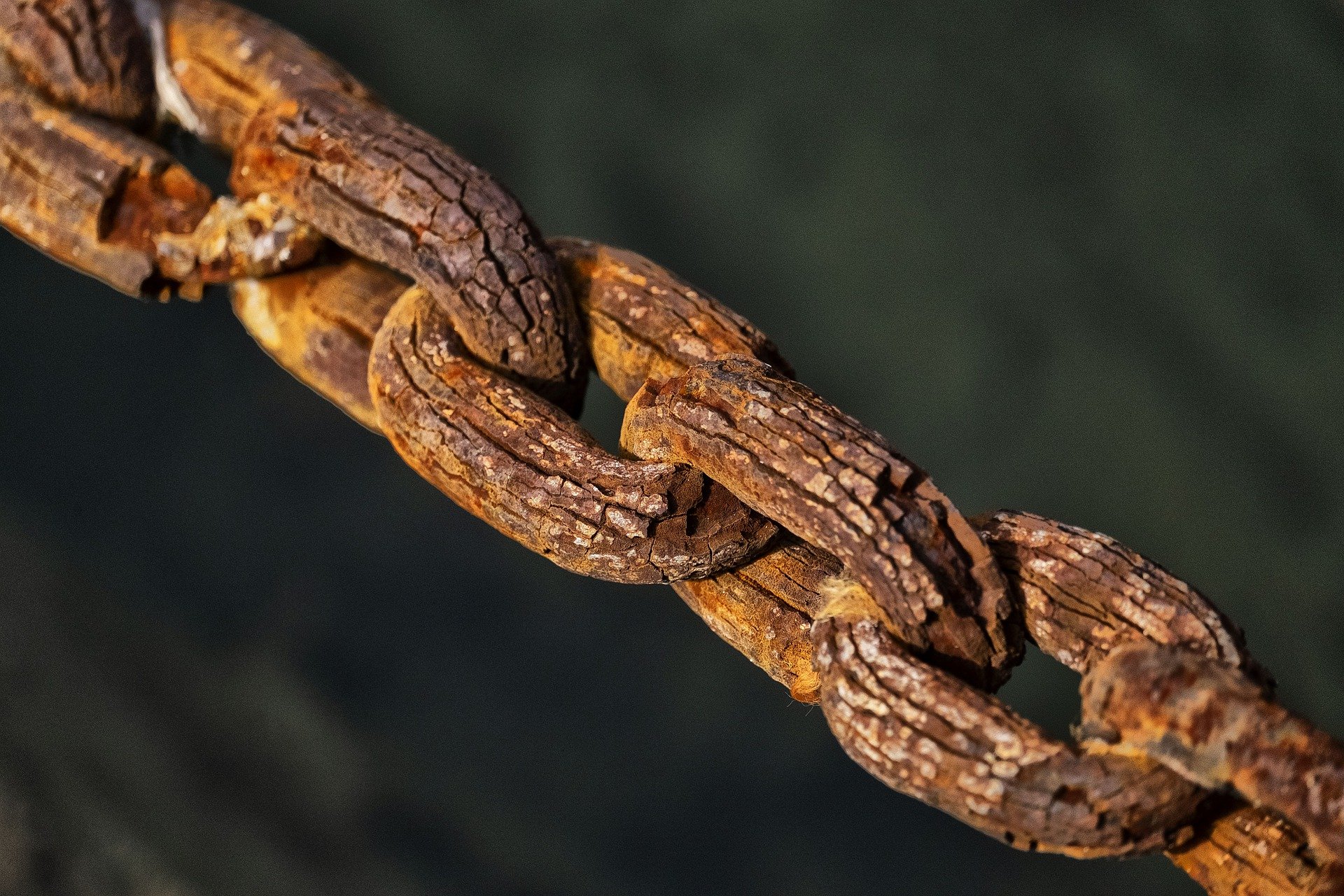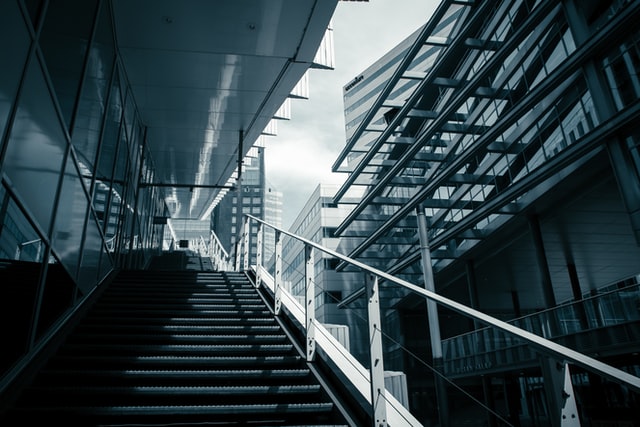
When you’re choosing balustrades, handrails, and railings for a project, there are many reasons why you may opt for one material over another. For example, you may prioritise appearance, durability, corrosion resistance, or cost, with the decision likely to be influenced by factors such as the location of the metalwork, the environmental conditions, its purpose, and your client’s budget.
 Increasingly, however, many people are focusing on sustainability, cautious that their purchases and habits don’t negatively impact the environment. So, if you’re considering investing in balustrades, handrails, or railings, it is sensible to weigh up the sustainability of aluminium and steel so that you may make an informed decision about your choice of material.
Increasingly, however, many people are focusing on sustainability, cautious that their purchases and habits don’t negatively impact the environment. So, if you’re considering investing in balustrades, handrails, or railings, it is sensible to weigh up the sustainability of aluminium and steel so that you may make an informed decision about your choice of material.
1) Steel Offers Greater Strength And Durability
The longer you can maintain your balustrade without replacing it, the lower the demand on the environment through manufacture and fabrication. Steel is likely to outlive aluminium as it can withstand in excess of 100kg of force per square millimetre, so it is more than three times stronger. Therefore, steel balustrades will almost certainly outlast their aluminium counterparts, eradicating the need for replacements and the associated impact on the environment.
2) Steel Is More Easily Recycled
Like steel, aluminium is an alloy but, unlike steel, there are a greater number of variations in constituent metals which can complicate the recycling of disused aluminium balustrades. Drinks cans, for example, often contain a mixture of aluminium and magnesium. While this makes recycling a can simple if it is to be reused as a can in future, to change use is more challenging and requires a more complicated recycling process. By contrast, steel can be easily recycled for different uses, irrespective of the precise constituent metals, with no loss of quality, making it a more sustainable option.
3) Steel Doesn’t Harm The Environment In Production
Steel is also environmentally friendly during production. With up to 70% of the alloy coming from recycled material, it’s a good choice if you’re concerned about large quantities of metal ending up in landfill, and there are no toxic materials or coatings that will cause toxic run-off. More efficient modern production techniques have also drastically reduced the amount of energy used in manufacturing, limiting the carbon footprint, and making steel a green option for any customer concerned about their impact on the environment.
Get In Touch
At GLW Engineering, we’re committed to delivering the highest quality standards while respecting the environment, so you can be confident that your steel balustrades are not only strong and durable, but sustainable too. For a free quotation, get in touch with GLW Engineering today.
Image source: Unsplash




